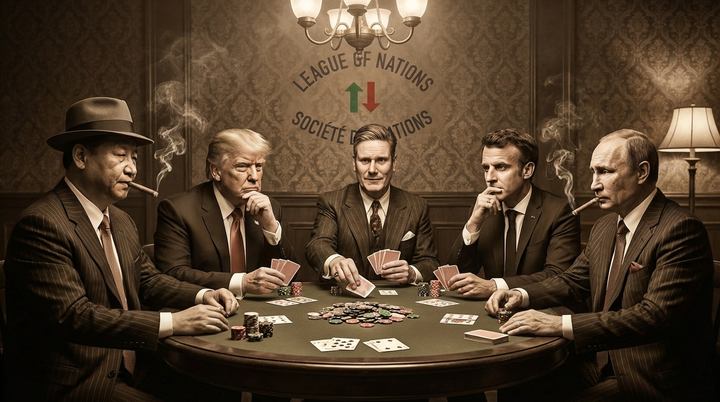Who's winning and who's losing the League of Nations?
The new League of Nations season starts on December 1st. Choose your team, compare your rivals, see where you're losing, be part of the comeback! Go from player to manager, understand the smart power rules of success.....









